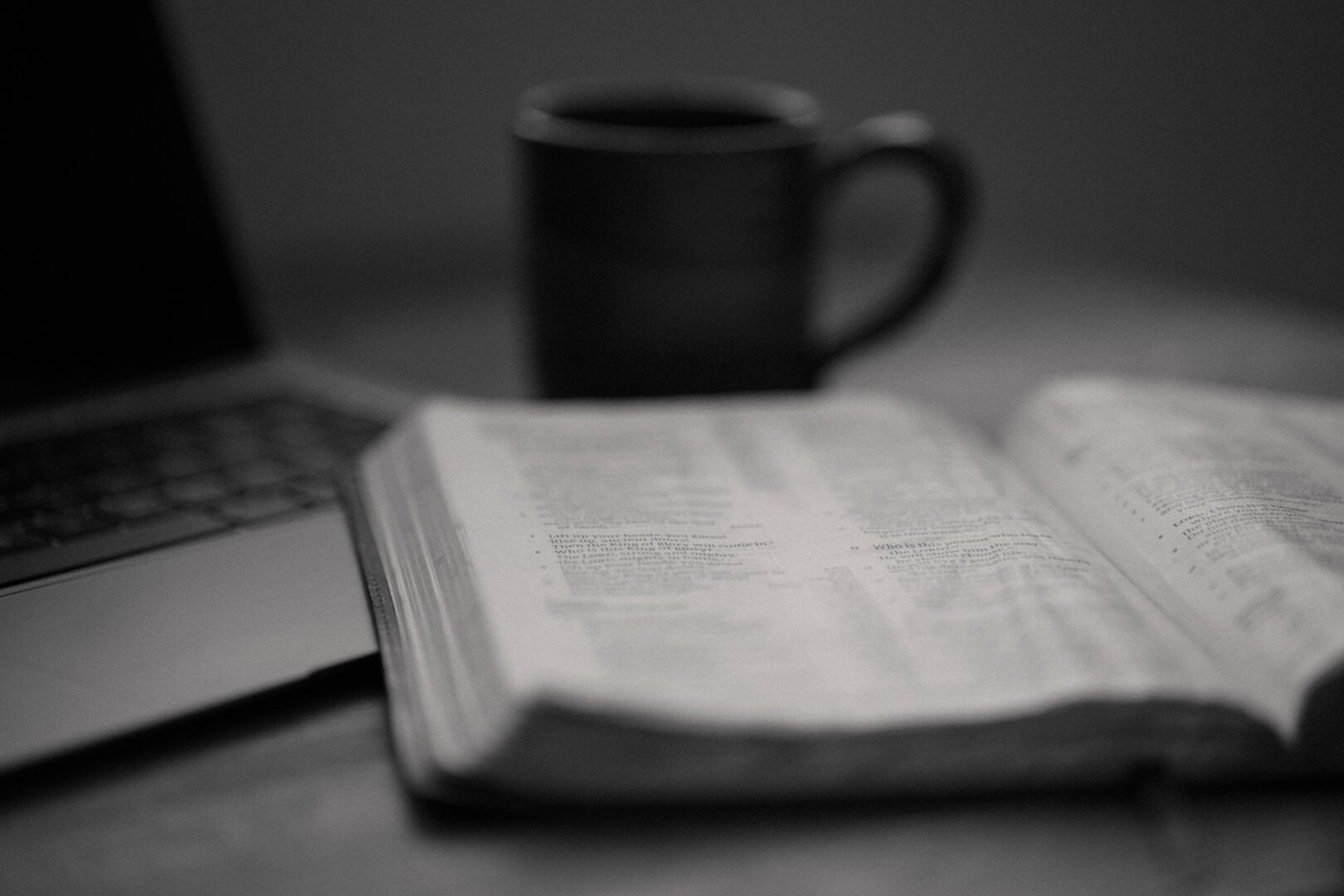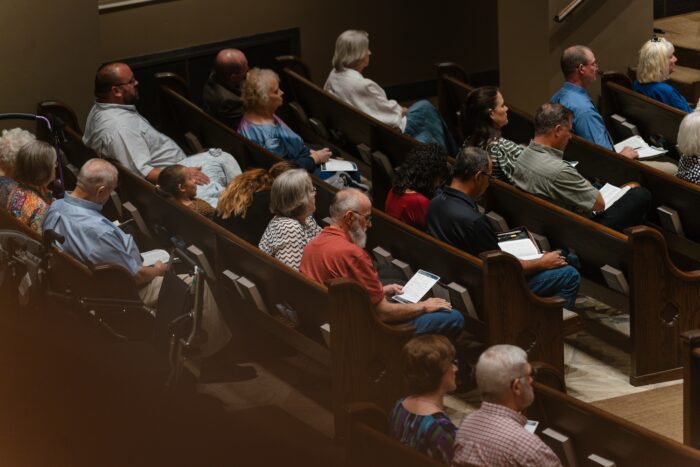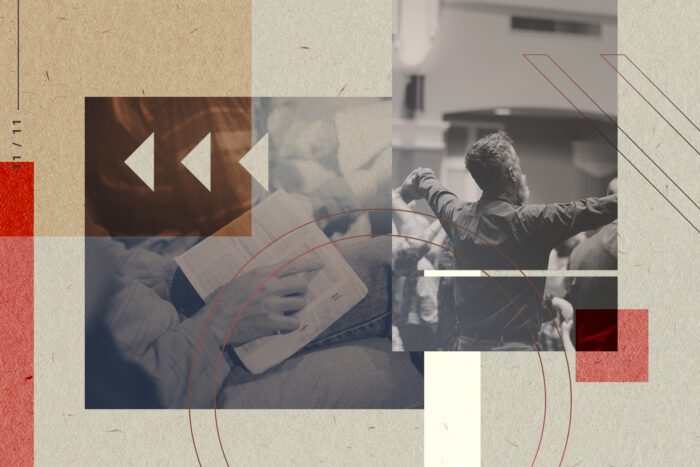Robert Greene Lee (R. G. Lee) served as pastor of Bellevue Baptist Church in Memphis, TN from 1927–1960. While Lee saw great success in his ministry, he is best remembered for his sermon “Payday Someday.”
This message had its beginning in Edgefield, South Carolina at a prayer meeting Lee led. During the meeting, Lee led with a short twenty-minute message from 1 Kings 21 and 2 Kings 9. Following the service, Lee was greeting his church members as they were leaving, and one of his deacons approached him and said, “Son, you have something in that message. If you will go home and elongate it and elaborate on it, you will really have a great sermon.”
That evening, Lee sat by a fire, and he could not stop thinking about his deacon’s words. He recalls, “Suddenly something or somebody stirred my blood, my heart was moved, my mind inspired.” Lee then retreated to his study and spent the next several hours carefully working through the passages of Scripture that he had preached from earlier that evening. By 3:00 in the morning, Lee went to bed, having written “Payday Someday.”
This message, narrative in form, tells the story of King Ahab’s murderous acquisition of Naboth’s vineyard. Lee’s use of illustration, alliteration, and word pictures created an environment that captured the hearts and minds of his audiences. The message averaged about one hour and fifteen minutes to preach, but Lee’s masterful delivery was able to hold the attention of the listener. In all of his messages, but especially in “Payday Someday,” Lee’s mastery of the English language is clearly displayed for all to see. This can be seen in Lee’s descriptions of the stories’ characters, such as, “I introduce to you Ahab, the vile human toad who squatted upon the throne of his nation—the worst of Israel’s kings.” Following the introduction, Lee describes the eight scenes of this biblical account:
1. The Real Estate Request—‘Give Me Thy Vineyard.’
In this section, Lee details Ahab’s request to purchase Naboth’s vineyard or to trade with him for another one. However, Ahab did not take into account how important this land was to Naboth, who refuses to depart with the vineyard.
2. The Pouting Potentate—‘He came into his house heavy and displeased.’
Upon being denied the vineyard, Ahab responds by retreating to his bed, refusing to eat, and pouting. In this scene, Lee paints a picture of the ridiculousness of the King of Israel “acting like a spoiled and sullen child.”
3. The Wicked Wife—‘And Jezebel his wife.’
Lee now details how Jezebel begins to devise a plan to take Naboth’s vineyard and deliver it to her husband, Ahab. During this section, Lee spends a significant amount of time examining the influence that a woman has over her husband.
4. A Message Meaning Murder—‘She wrote letters.’
Jezebel puts her plan into action and sends letters to the leaders of Jezreel instructing them to falsely accuse Naboth of blasphemy. Naboth, who is innocent and a devout follower of God, is unaware of the plot. However, the wicked leaders of the city have no problem carrying out Jezebel’s wicked plot.
5. The Fatal Fast—‘They proclaimed a fast.’
The leaders call for the people to fast in repentance for the sin which Jezebel wrongly accused Naboth. They place Naboth in the seat of judgment and condemn him to death. They then take him away from the city and stone him and his sons to death. Since he and his heirs are dead, the vineyard reverts back to the King of Israel—Ahab.
6. The Visit to the Vineyard—‘Ahab rose up to go down to the vineyard.’
Jezebel delivers the news to Ahab that the vineyard now belongs to him. He prepares his entourage and rides twenty miles to visit his new property. Delighted that the vineyard is finally his, Ahab wants to see it with his own eyes.
7. The Alarming Appearance—‘The word of the LORD came to Elijah.’
Ahab, gloating in his victory, is confronted by the man he most fears: the prophet Elijah. Elijah confronts Ahab and delivers to him a word from the Lord that Ahab and Jezebel would pay for their crime against Naboth. Elijah then departs, leaving Ahab with a vineyard for which he longed, but no longer desired.
8. Payday Itself.
Lee concludes the story of Ahab and Jezebel many years later when they had seemingly escaped justice. He details the death of Ahab and Jezebel, exactly as had been foretold by Elijah in Naboth’s vineyard. Lee concludes that “No man can evade God’s laws with impunity. All of God’s laws are their own executioners.”
At the conclusion of the message, Lee always called his audience to repent of their sins before the day of their payday came:
And the only way I know for any man or woman on earth to escape the sinner’s payday on earth and the sinner’s hell beyond – making sure of the Christian’s payday on earth and the Christian’s heaven beyond the Christian’s payday – is through Christ Jesus, who took the sinner’s place upon the Cross, becoming for all sinners all that God must judge, that sinners through faith in Christ Jesus might become all that God cannot judge.
While this unique message shouldn’t be simply replicated, it serves as an example of a text-driven sermon that intentionally prioritizes language and style. Lee preached this sermon 1,275 times over his ministry. According to estimates, “Payday Someday” was heard by over three million people during Lee’s ministry, not including those who watched it via video. In his memoir, Lee states, “Over eight thousand persons have confessed their faith in Jesus under the preaching of this sermon.”








